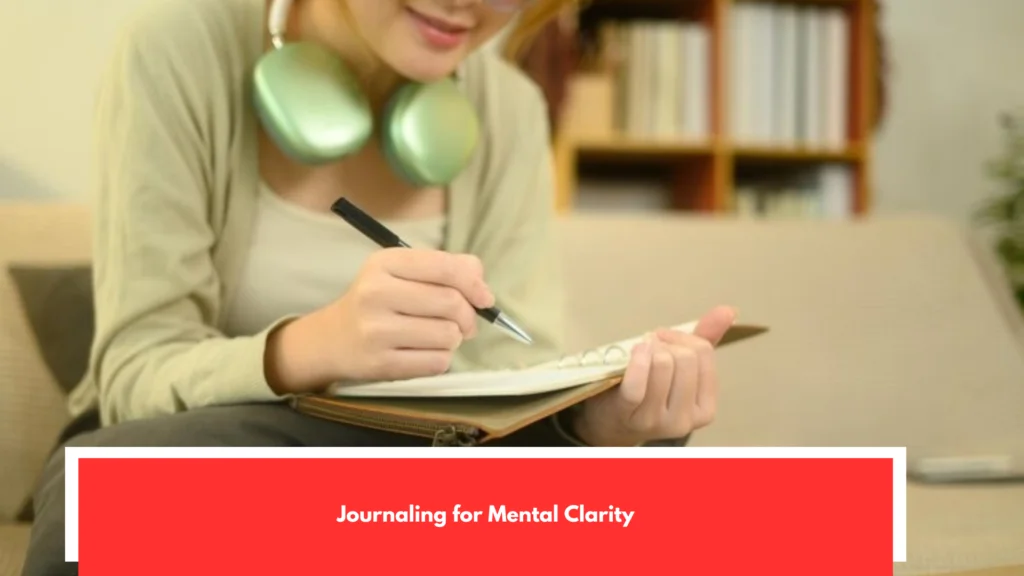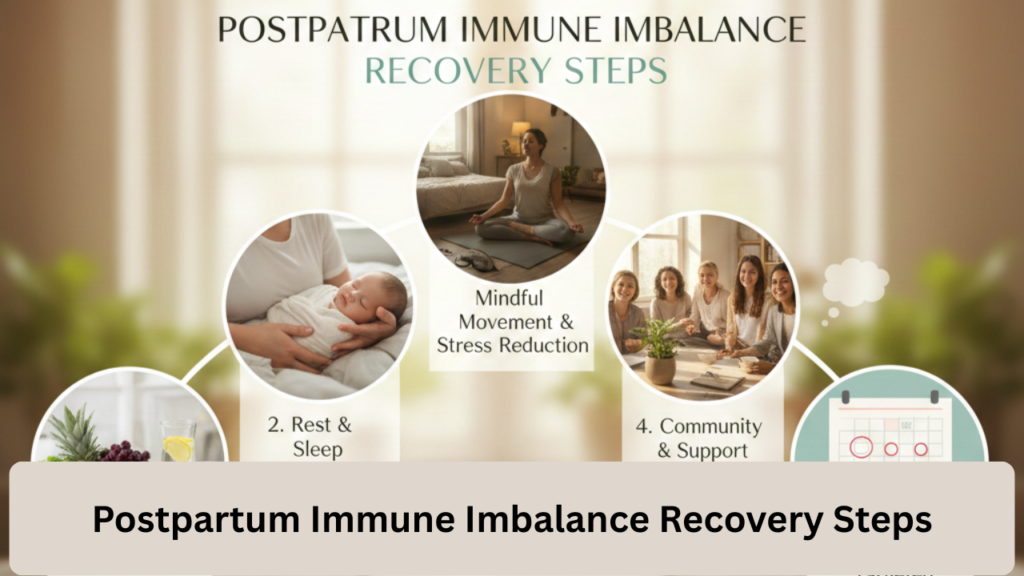In this state, we are able to clearly discern our motivations, desires, and concerns, which gives us a sense of inner peace and security. Beyond simply understanding what is going on in our mind, mental clarity also involves a deep connection with our inner selves, where we can find answers to our deepest concerns and dilemmas. By achieving mental clarity, we can experience a sense of flow and harmony in our lives. We become more aware of our mental and emotional patterns, which gives us the ability to manage stress and anxiety more effectively. Here’s how to start journaling for mental clarity.
This clarity allows us to make decisions with greater confidence and wisdom, as we are free from the distractions and confusion that can cloud our judgment. Ultimately, mental clarity empowers us to live more authentic and fulfilling lives, aligned with our deepest values and purpose. Cultivating mental clarity requires practice and dedication, but the benefits it offers are invaluable for our emotional and mental well-being. Meditating, practicing mindfulness, and maintaining positive self-talk are some of the strategies we can employ to nurture this quality in our lives.
What is mental clarity?

Through self-exploration and self-awareness, we can pave the way for mental clarity and enjoy a more conscious and fulfilling life. From a psychological perspective, mental clarity refers to a state in which a person experiences clear and accurate awareness of their thoughts, emotions, and perceptions. This state involves the ability to process information efficiently and make conscious and thoughtful decisions. Mental clarity is also associated with less rumination the tendency to repeatedly dwell on the same negative thoughts or worries which can lead to a reduction in stress and anxiety.
In short, from a psychological perspective, mental clarity is considered an important component of psychological well-being and is cultivated through self-awareness techniques, stress management, and cognitive-behavioral therapy, among other interventions. One way to recognize a lack of mental clarity is by paying attention to certain signs and symptoms—such as difficulty concentrating, which may appear when you struggle to stay focused on tasks or maintain attention for extended periods.
How can I tell if I don’t have mental clarity?

Confusion or indecision: If you feel confused about your thoughts, emotions, or situations in your life and struggle to make decisions, you may be experiencing a lack of mental clarity. Excessive rumination: If you find yourself trapped in a cycle of negative thoughts or recurring worries that don’t allow you to find solutions or move forward, you are likely experiencing a lack of mental clarity. Stress and anxiety Excessive stress and anxiety can cloud your mind and hinder your ability to think clearly and make informed decisions.
Feelings of disorientation or disconnection If you feel disconnected from yourself, your goals, and your environment, you may be experiencing a lack of mental clarity. If you recognize any of these symptoms in yourself, it may be helpful to implement strategies to improve your mental clarity, such as practicing mindfulness, self-care, seeking support from a mental health professional, or talking to someone you trust about your concerns. To cultivate mental clarity, it’s important to adopt habits and practices that promote emotional well-being and cognitive balance.
What to do to achieve mental clarity?

Here are some strategies you can implement Practice mindfulness Mindfulness, through meditation and the practice of being present in the present moment, can help you calm your mind and reduce mental rumination. Manage stress Identify sources of stress in your life and find healthy ways to manage them, such as regular exercise, deep breathing, relaxation time, or journaling. Set boundaries Learn to say no when necessary and set healthy boundaries in your relationships and responsibilities to avoid emotional burnout.
Maintain a healthy lifestyle Prioritize adequate sleep, a balanced diet, and regular physical activity, as these fundamental aspects of your health can significantly impact your mental clarity. Take care of your environment Organize your physical space to reduce clutter and create an environment conducive to focus and well-being. Practice gratitude Cultivating a sense of gratitude for the positive things in your life can help you maintain a positive perspective.
Conclusion

Yes, psychotherapy can be an invaluable tool to help you achieve mental clarity. Psychotherapists are trained to work with you to explore and understand your thoughts, emotions, and behaviors, which can significantly contribute to your mental clarity. Through therapy, you can identify and address negative or distorted thinking patterns, learn strategies to manage stress and anxiety, and develop effective coping skills to face life’s challenges. Furthermore, the therapeutic relationship itself can offer you a safe and supportive environment where you can share your concerns, explore your emotions, and receive advice and feedback from a qualified professional.
This can help you gain greater clarity about your problems and discover constructive ways to address them. Therapy can be tailored to your unique needs and specific goals, whether you are experiencing stress, anxiety, depression, relationships, or any other aspect of your life that is causing you problems. Ultimately, working with a therapist can help you develop greater self-awareness, self-acceptance, and emotional resilience, which contributes to greater mental clarity and overall well-being.



